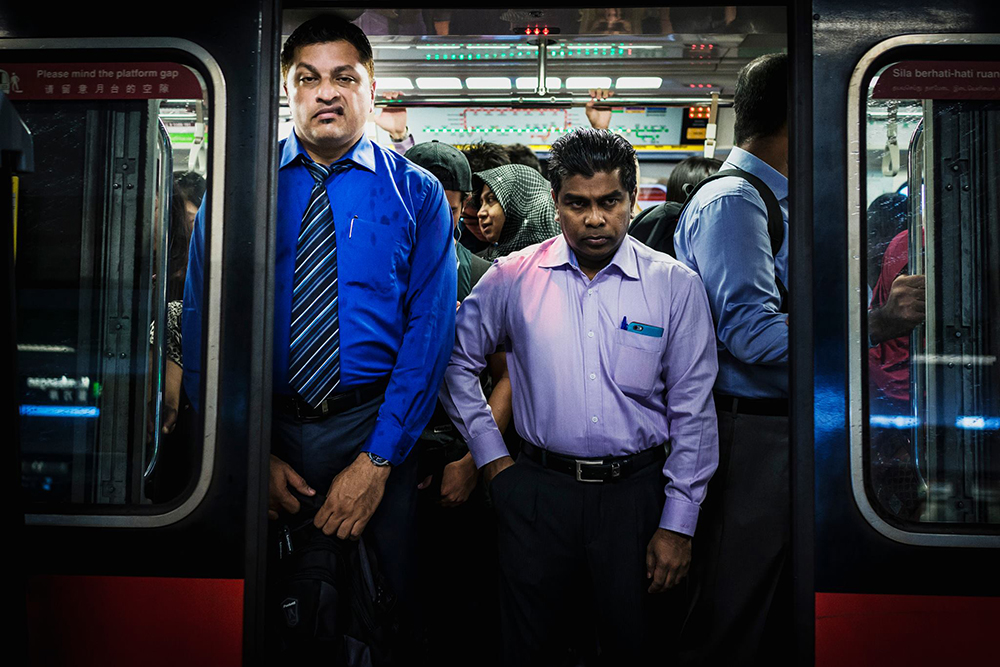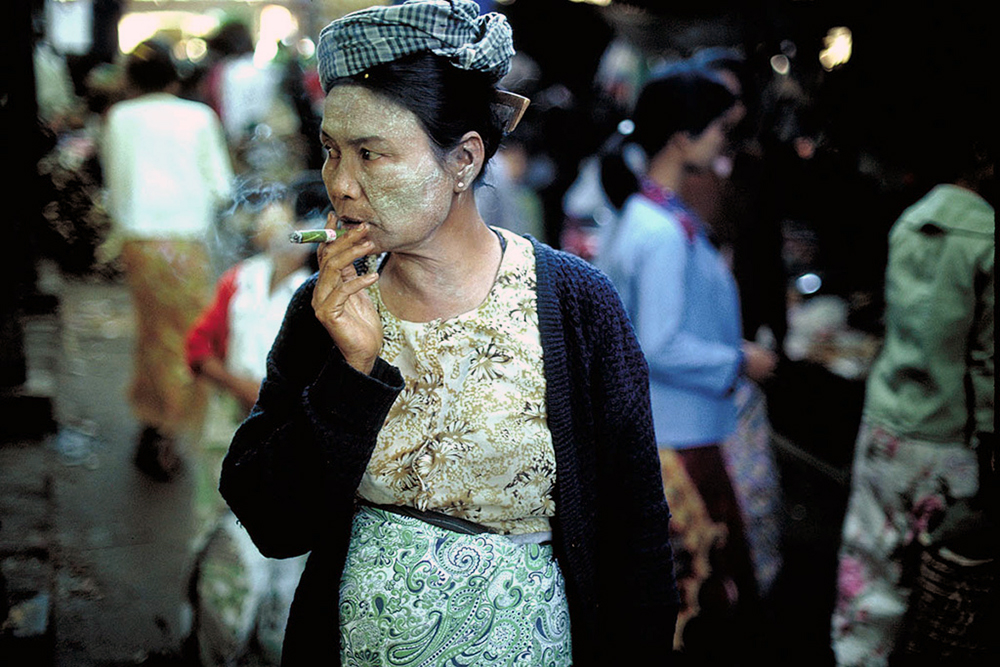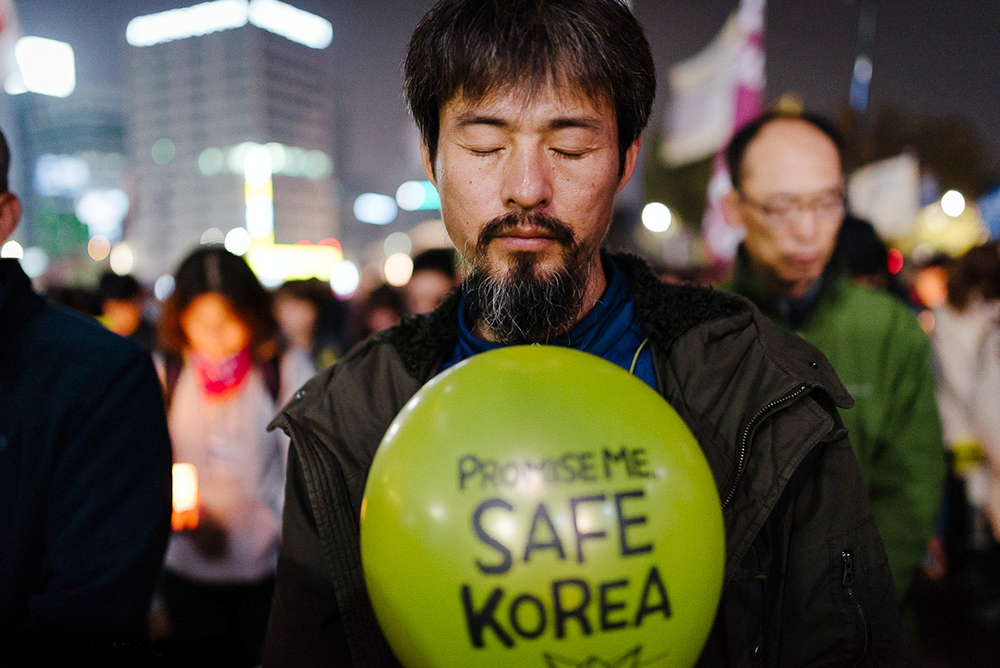
Transit is a project based on the intra-city railway system in Singapore, the Mass Rapid Transit (MRT). Built in 1987, it is used by 2.8 million people daily. Using photography, the author paints a collective portrait of commuters, capturing the daily theatre that the eye fails to see.
„As commuters today, we distract ourselves endlessly with our smartphones or iPads, to anaesthetise ourselves from the unnatural and uncomfortable experience of transit. We create private spaces for ourselves in the most public of spaces.
As commuters, we observe an unspoken rule not to stare at each other’s misery. As a photographer, I broke that last rule twice over – I recorded the stare, and continue to be amazed by what the stare reveals“. (by Edwin Koo)
The book will be launched at the National Museum of Singapore on 7 April, 2015.




